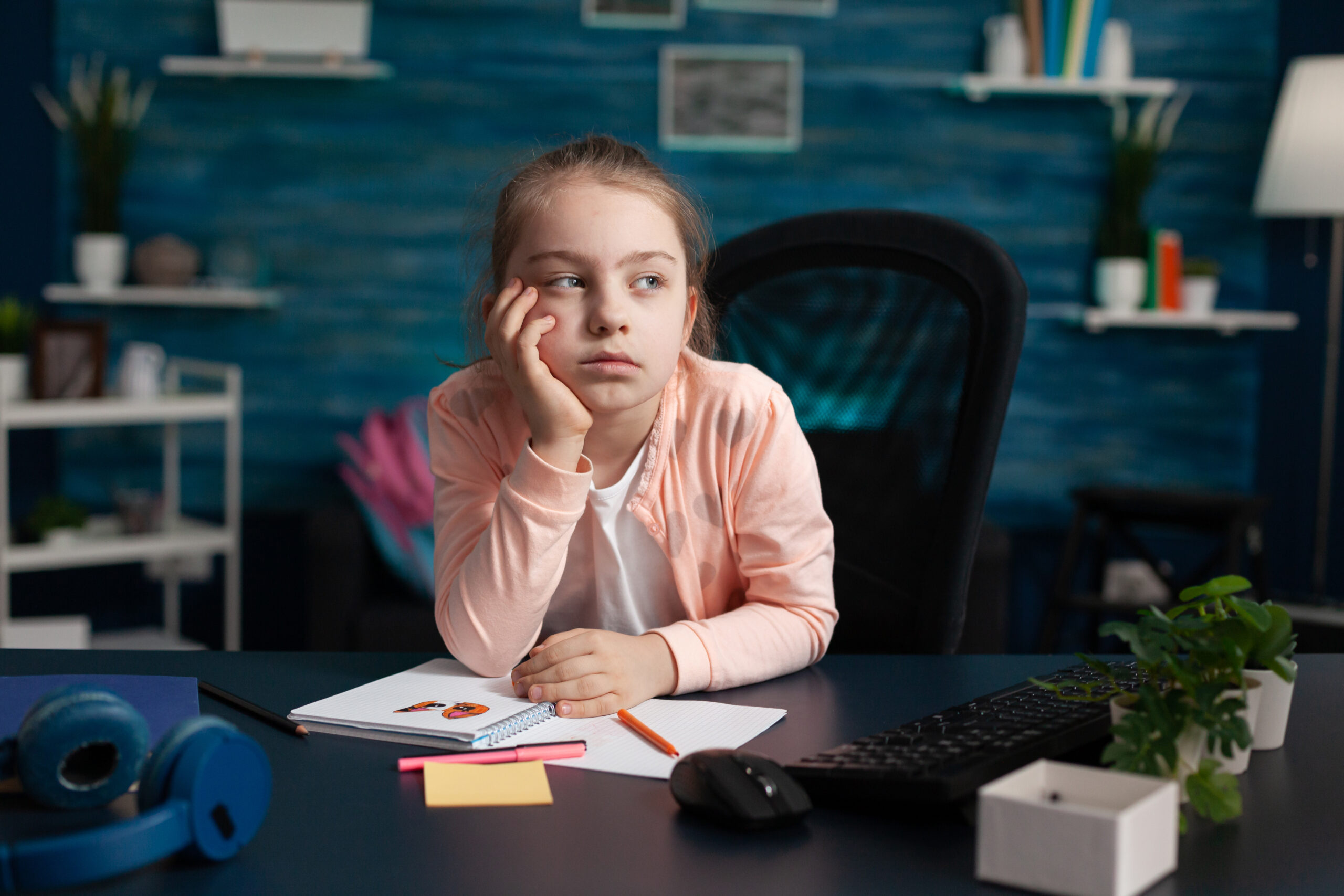Can kids become addicted to ADHD medications?

Can kids become addicted to ADHD Medications? Exploring myths and facts
Attention-Deficit/Hyperactivity Disorder (ADHD) is a condition that affects many children, making it challenging for them to focus, regulate their impulses, and control their behavior. As a parent or caregiver, it can be heartbreaking to watch your child struggle with these difficulties, especially when they impact their daily life and development. Fortunately, ADHD medications have proven to be a helpful tool for many children, offering relief and improving their ability to thrive.
However, a common concern among parents is whether these medications are addictive. This blog aims to provide clarity on the relationship between ADHD medications and addiction, debunking myths and offering helpful information to ease the worries of caregivers.
Understanding ADHD Medications for Children
ADHD medications for kids are typically classified into two main categories:
Stimulants: These include medications like methylphenidate (Ritalin, Concerta) and amphetamines (Adderall). Stimulants enhance dopamine and norepinephrine levels in the brain, which helps improve focus and decrease hyperactivity.
Non-Stimulants: These include medications like atomoxetine (Strattera) and guanfacine (Intuniv). Non-stimulants are often prescribed when stimulants are not effective or cause undesirable side effects. Both types are effective but function differently, and their use depends on the child’s specific needs and medical history.
The Science Behind ADHD Medications and Addiction Risk
The question, “Is ADHD medication addictive?” is a common concern among parents. Let’s delve into the facts:
1. Low risk of addiction when properly prescribed
The risk of addiction is minimal when ADHD medications are prescribed and monitored by a medical professional. These medications are precisely dosed to treat ADHD symptoms and are monitored to prevent misuse.
Unlike recreational drug use, which involves taking high doses to achieve a euphoric effect, ADHD medications for children are administered in controlled amounts that help regulate brain activity rather than overstimulate it.
2. Stimulants vs. Non-Stimulants –
Stimulant medications, such as Adderall and Ritalin, are widely prescribed for ADHD due to their proven effectiveness in improving focus and impulse control. However, these medications do carry a potential for abuse if misused. Research indicates that when children with ADHD take stimulant medications as prescribed and under the supervision of a healthcare provider, they are not at a higher risk of developing an addiction.
A study published in The Journal of the American Medical Association found that children and adolescents with ADHD who adhere to their prescribed medication regimen do not have an increased risk of substance abuse later in life. In fact, the study suggested that untreated ADHD may actually contribute to a higher risk of substance abuse due to the impulsivity and poor decision-making often associated with the disorder.
In contrast, non-stimulant medications such as Strattera (atomoxetine) and Intuniv (guanfacine) offer an alternative for children who might not tolerate stimulants or those who are at higher risk for misuse. Non-stimulants do not carry the same abuse potential as stimulants and are considered to be safer in this regard.
3. Safeguards against addiction
To avoid any danger and risks:
- Doctors take proper assessments before prescribing ADHD drugs.
- Follow-up appointments are made to check on the child’s response to the treatment.
- Parents are cautioned to keep the drugs safe and administer them only as directed.
ADHD and Addiction of Medications: The Real Concerns

It’s essential to distinguish between addiction and dependence. While addiction refers to compulsive drug use despite harmful consequences, dependence is a physiological adaptation to a medication that can occur with long-term use.
Dependence does not equate to addiction and is managed by tapering the medication under medical supervision if needed. Parents’ concerns about ADHD medications leading to addiction often stem from misconceptions or misinformation.
By understanding the medical purpose and proper usage of these drugs, parents can make informed decisions and help their children thrive.
Addressing Misconceptions
My child will become reliant on medication.
Medication forms a part of a well-rounded ADHD treatment plan, which may also incorporate behavioral therapy, counseling, and support in education. Relying on medication to manage symptoms is not the same as addiction.
Stimulants are the same as recreational drugs
While stimulant medications share some chemical similarities with certain recreational drugs, their effects and purposes are vastly different. ADHD medications for kids are formulated and dosed to balance brain activity, not to induce euphoria.
My child will need to stay on medication forever.
The duration of treatment varies. Some children may only need medication temporarily, while others may benefit from long-term use. Regular evaluations with a healthcare provider ensure that the treatment plan remains appropriate.
Benefits of ADHD Medications for Children
When used correctly, ADHD medications offer several benefits:
- Improved focus and attention span.
- Reduced impulsivity and hyperactivity.
- Enhanced academic performance
- Better social interactions and relationships.
A study published in The Journal of the American Academy of Child and Adolescent Psychiatry further supports these benefits, showing that children treated with ADHD medications, such as stimulants, not only demonstrate better attention and impulse control but also show improvements in their overall emotional well-being and self-esteem.
This research emphasizes that when ADHD is properly managed, it can lead to significant improvements in social, emotional, and academic functioning, contributing to a healthier and more fulfilling life for the child.
By addressing core symptoms of ADHD, medications can greatly enhance a child’s self-esteem, making it easier for them to be successful in multiple areas of life, from school to social interactions.
How to minimize risks?
To ensure your child’s safety and effectiveness of ADHD medications:
Follow medical advice: Always take the medication as prescribed and at the recommended time.
Educate yourself: Learn about the purpose of the medication, possible side effects, and how to store it.
Openly communicate: Follow up with the child’s doctor regularly to raise your concerns and follow up on treatment.
Support the child: Treat the child simultaneously with medication along with behavioral therapy, and reward with positive reinforcement.
The notion that ADHD medications are inherently addictive is essentially a myth when these drugs are used responsibly under medical supervision. Understanding the science behind these treatments and their safeguards can help dispel fears and reassure parents.
At Kids Neuro Clinic, we prioritize the safety and well-being of your child. Our team of experienced pediatric neurologists ensures that every treatment plan is tailored to meet your child’s unique needs.
If you have concerns or questions about ADHD medications for kids, don’t hesitate to reach out to us. Together, we can help your child unlock their full potential while keeping their health and safety at the forefront.
If you’re seeking expert guidance on ADHD treatment for your child, contact Kids Neuro Clinic today. Our specialists are here to support your child’s journey toward better focus, improved behavior, and a brighter future.

